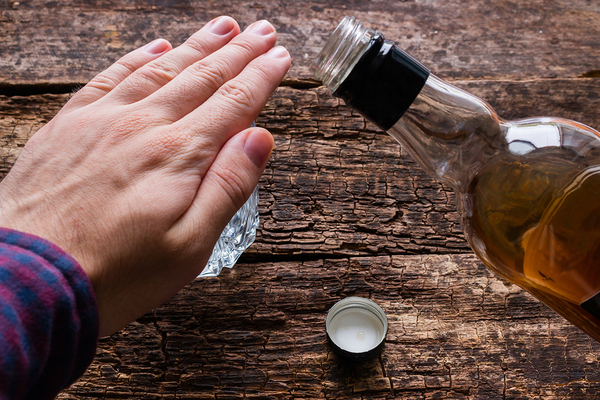
Cause for celebration or cause for alarm?
Heart disease. Cancer. Stroke. Respiratory diseases. Unintentional injuries. These are among the health issues that come to mind when it comes to preventative deaths. However, data from the Centers for Disease Control and Prevention (CDC) highlight a lesser-known yet significant and preventable cause of death that impacts thousands of people every year. Here’s a closer look at what everyone needs to know about alcohol use, public health, mortality, and the critical role played by alcohol abuse treatment.
Focusing on the Facts
Everyone knows that drinking too much is “bad;” however, many people are unaware of the degree to which alcohol abuse can damage human health. In fact, approximately 88,000 U.S. deaths are caused every year by excessive alcohol use, accounting for a staggering 2.5 million years of potential life lost during a five-year period alone, making it the country’s fourth leading preventable cause of death, according to the CDC.
Among working-age adults between the ages of 20 and 64, the figures are even grimmer: Excessive drinking accounts for one in ten deaths with an annual economic cost in the range of $250 billion—or $2.05 for every drink.
Alcohol Abuse: Understanding in Context
“Excessive drinking” is a fuzzy term. How do you know whether you or someone you love has crossed the line between moderate and excessive alcohol abuse?
According to the Dietary Guidelines for Americans, moderate drinking is defined as one drink a day for women and two drinks a day for men. Additionally, the dietary guidelines recommend that people who don’t drink don’t start.
Alternatively, both binge drinking and heavy drinking fall into the category of excessive drinking. In the case of the former, this covers women who consumer four or more drinks in a single occasion and men who consume five or more drinks in a single occasion. In the case of the former, this covers women who consume more than eight drinks per week and men who consume more than 15 drinks per week.
CDC data also shines light on states with higher heavy drinking rates, including Alaska (8.6 percent), Wisconsin (8.2 percent), Maine (8.1 percent), Vermont (7.7 percent) and Montana (7.7 percent), as reported by ThinkAdvisor. (With a heavy drinking rate of 6.2 percent, Missouri lands around the midpoint.)
And while many people who drink excessively and/or live in these states don’t necessarily qualify as alcoholics or alcohol dependent, those who do succumb to the disease are putting themselves at serious risk.
Short- and Long-Term Health Risks
Do you still think excessive alcohol use isn’t a problem? Think again. Excessive drinking is linked with short-term health risks, including injuries, violence, alcohol poisoning, risky sexual behaviors, and miscarriage and stillbirths among pregnant women.

Can learning to say “no” save your life or the life of someone you love?
Meanwhile, long-term health risks include high blood pressure, heart disease, stroke, liver disease, digestive problems, many types of cancers, learning and memory problems, mental health problems, and social problems.
In the simplest of terms, people who avoid drinking too much reduce their chances of developing serious health problems while those who do drink too much often suffer serious, potentially life-threatening, consequences.
According to the CDC, as many as 40 percent of deaths in the U.S. are preventable. Alcohol rehab can play a critical role in helping people with drinking problems overcome their addictions and get on the road to recovery.
We’re Here to Help
Contact us at Harris House today to learn more about our drug and alcohol addiction rehab programs in St. Louis.








